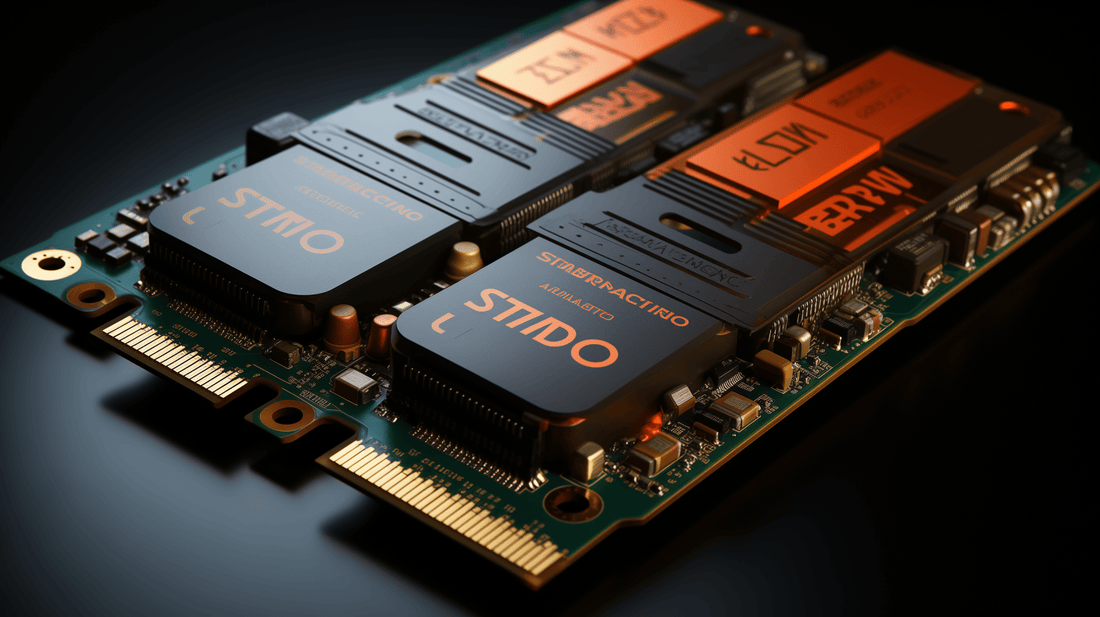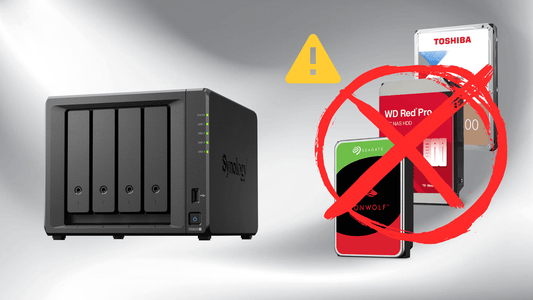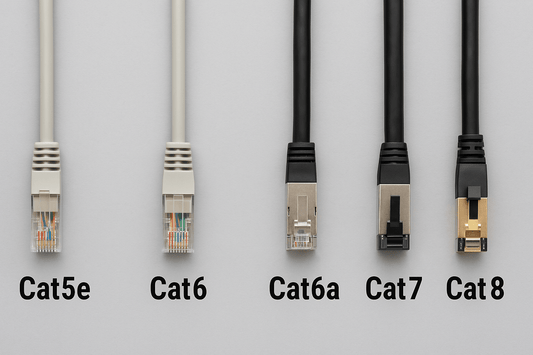CXL SSDs over NVMe: Revolutionizing High-Speed Data Storage

The emergence of Compute Express Link (CXL) SSDs is reshaping the landscape of high-speed data storage. Offering a leap forward from the established NVMe SSDs, CXL SSDs are poised to redefine storage efficiency, particularly in environments driven by AI and large data sets.
Understanding CXL-based SSDs
CXL-based SSDs stand at the forefront of storage technology, leveraging the CXL interface's high-speed data transfer capabilities. CXL differs from PCIe by offering a more rapid protocol and the ability to manage large pools of memory with varying speeds. This capability is crucial for environments where memory coherency is key, as CXL ensures that the most current data is always accessible to processors.
NVMe over CXL: A Paradigm Shift
NVMe over CXL, or NVMe-oC, represents an innovative approach to CXL, optimizing host-device data movement. This architecture reduces I/O traffic significantly, thereby enhancing the efficiency of data transfers compared to standard NVMe over PCIe operations. NVMe-oC facilitates seamless data writing from the SSD into memory, streamlining data handling and reducing redundancy.
In-Depth Comparative Analysis: CXL SSD vs. NVMe SSD
| Feature | CXL SSD | NVMe SSD |
|---|---|---|
| Data Transfer Speed | Superior, leveraging CXL's high-speed interface | Conventional, based on PCIe speeds |
| Data Movement Efficiency | Enhanced, thanks to NVMe-oC minimizing unnecessary data transfers | Standard, following traditional data transfer methods |
| Market Maturity | Emerging, primarily in AI and data-intensive applications | Well-established and versatile |
| Cost Implications | Potentially higher due to advanced technology | More economical due to wider market presence |
| Application Suitability | Optimal for processing large data sets and AI computations | Suitable for a broad range of general-purpose applications |
| Memory Coherency Management | Advanced coherency schemes | Standard coherency handling |
| Cache Size | Larger caches for improved performance | Standard cache sizes |
| Latency | Lower latency in high-locality applications | Standard latency performance |
| Energy Consumption | Potential for higher energy usage due to advanced processing | Generally lower energy consumption |
| Future Scalability | High scalability for future technologies | Standard scalability |
Advantages of CXL SSDs
CXL SSDs offer several notable benefits:
- Enhanced Data Access Speeds: Thanks to CXL's rapid interface, these SSDs provide quicker access to data.
- Efficient Data Movement: NVMe-oC architecture streamlines data transfers, reducing unnecessary workload.
- Optimized for Future Technologies: Especially beneficial in AI and large-scale data center operations.
Challenges and Future Outlook
Despite the advantages, there are challenges in adopting CXL SSDs:
- Higher Initial Costs: As a newer technology, CXL SSDs may have a higher price point and limited availability compared to established NVMe SSDs.
- Compatibility Requirements: Full benefits are realized only with compatible hardware and software ecosystems, which are still evolving.
- Complexity in Implementation: Requires a deeper understanding of the new technology for optimal use.
Conclusion
CXL SSDs represent a significant advancement in the realm of high-speed data storage, offering compelling improvements over NVMe SSDs in speed and efficiency. Their role in future AI and data center operations is undeniable, pushing the boundaries of storage performance.
No comments







0 comments